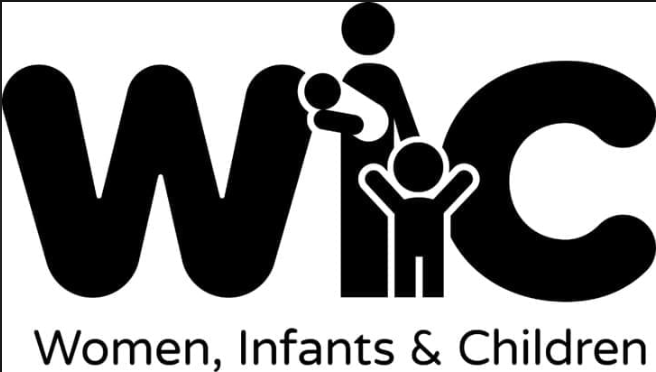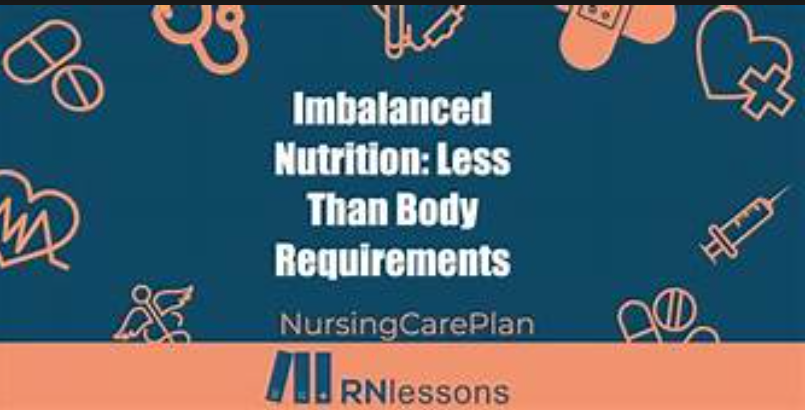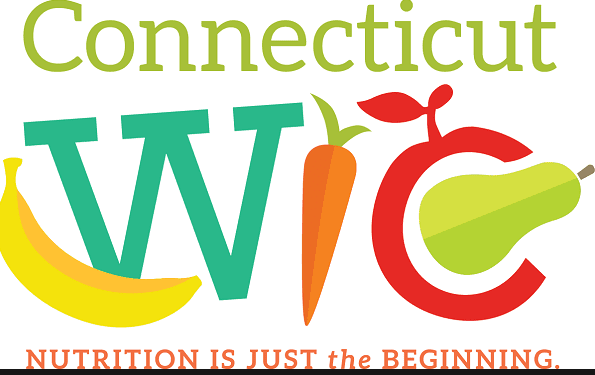Women Infants and Children Programme for Nutrition
What is WIC?
The Supplemental Nutrition Program for Women, Infants, and Children (WIC) is a federal health and nutrition program for impoverished pregnant, nursing, and women of the United States Department of Agriculture (USDA) Food and Nutrition Service (FNS). For children under the age of five, Their mission is to partner with other services important to the well-being of children and families.

The basic eligibility requirement is a household income of less than 185% of the federal poverty level. Many states allow automatic income support for an individual or family who participates in certain benefit programs, such as the Supplemental Nutrition Program, Medicaid, or Temporary Assistance for Needy Families. WIC currently serves 53 percent of all babies born in the United States.
Also Read:
- Calorie deficit its Requirements and its Importance for Healthy life
- What is Homeostasis? defination, Types and Role of homeostasis
Categorical Requirement
The WIC program is designed to serve women, infants, and children of all backgrounds. As such, the following individuals are fully eligible for WIC:
Women
- Pregnancy (during pregnancy and postpartum or up to 6 weeks from the end of pregnancy)
- Postpartum (up to six months after delivery)
- Breastfeeding (before baby’s first birthday)
- Babies (from child’s first birthday)
Children
(up to five years)

Residential Requirement
Eligible members must be residents of the state. The WIC applicants managed by the Tribal Organization of India (ITO) must meet the ITO residency requirements. With the approval of the State Office, applicants may be required to reside in the local service area and be enrolled in the WIC clinic that serves the area. Applicants do not have enough to live in a state or local service area to meet WIC residency requirements.
Income Requirement
To qualify for the WIC program, an applicant’s wages or income must meet or be below standards established by a government agency or automatically qualify for participation-b ased financial assistance.
Revenue regulations. Revenue standards for federal agencies must be within 100 percent of federal law (provided annually by the Department of Health and Human Services), but not exceed 185 percent of federal law.

Nutrition Risk Requirement
- Applicants should be assessed by a health care provider such as a doctor, nurse, or dietitian to determine if the food is harmful. In most cases, this is done at the WIC clinic at no cost to the applicant. You can request this information from other healthcare providers, such as the applicant’s general practitioner.
- A “dietary risk” means that a person has a condition due to health or diet. Examples of drug-related conditions include hypertension (low blood pressure), obesity, or a history of pregnancy side effects. Food allergies, for example, are a precondition for achieving a healthy diet.
- The candidate must have at least a blood sample to test his height and weight, such as hypertension. Applicants must have included at least one of the health or nutritional factors in the WIC’s list of food risk criteria.
- The WIC Prescreening Tool is a web-based tool that helps prospective WIC applicants determine their eligibility for WIC benefits. Customers who can take advantage of WIC will be provided with state contact information and encouraged to arrange verification with their local WIC office.
- In addition, users get their publishing responses and sample documents needed for the initial verification process.
- Participation in certain programs may determine whether certain applicants are eligible for WIC benefits. This includes;
- SNAP benefits, Medicaid, Temporary Assistance for Families (TANF, formerly AFDC),
- And some family members receive Medicaid or TANF.
- Eligible candidates will participate in other government programs at the discretion of the Department of State.

Nutrition Education and Anemia Screening
Nutrition education covers several topics, such as a healthy diet, infant formula, and breastfeeding. In addition, the WIC program also included an anemia screening of participants older than 12 months. Depending on the country, nutrition training is provided by a registered nutritionist, a person with a degree in nutrition, or another legal professional authority. WIC must emphasize the long-term benefits of nutrition education, even though participation in this education is not required of WIC recipients.